Ensuring your dog eats a balanced diet is key to being a good pet owner. Like humans, dogs need different nutrients to stay healthy, energetic, and happy. A good diet helps their physical health, like coat condition, digestion, and energy. It also boosts their mental well-being, reducing stress and behaviour issues.
To create the right diet, you must understand your dog’s needs based on age, breed, activity level, and health. Whether you give them store-bought kibble or homemade meals, it’s important to balance proteins, fats, carbohydrates, vitamins, and minerals.
This guide will help you create a diet that keeps your dog healthy.
Understanding Your Dog’s Nutritional Needs

The first step is knowing what nutrients your dog needs. Dogs need six essential nutrients: protein, fat, carbohydrates, vitamins, minerals, and water. Protein from meat helps muscles grow and tissues repair. Fats support healthy skin and coats. Carbohydrates provide energy and help with digestion.
Nutritional needs vary with age, size, and breed. Puppies need more protein and calories for growth. Senior dogs might need fewer calories to avoid weight gain. Active dogs require more fat and protein for energy. Knowing what your dog needs will help you feed them right.
Choosing High-Quality Commercial Dog Food
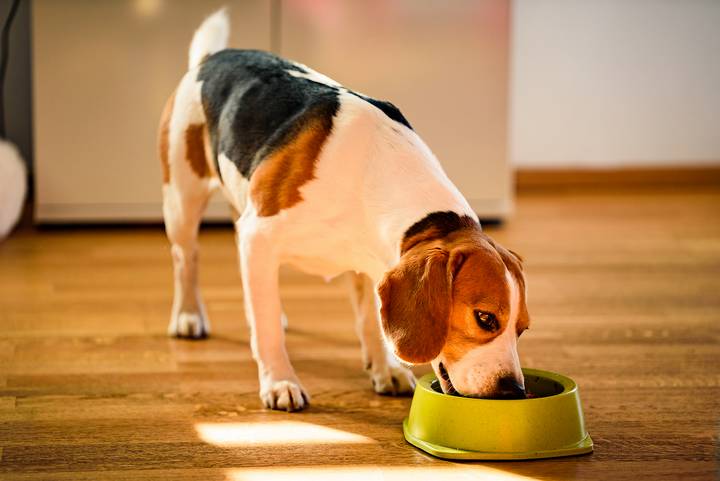
One of the easiest ways to provide a balanced diet for your dog is by selecting high-quality commercial dog food. These products are designed to meet dogs’ nutritional needs at different life stages, from puppyhood to senior years. When choosing dog food, look for brands that use high-quality ingredients, with real meat as the primary protein source and minimal fillers like corn or wheat.
Check the label for an Association of American Feed Control Officials (AAFCO) statement, ensuring that the food meets the minimum nutritional requirements for dogs. While kibble and canned food are convenient and provide a balanced diet, be mindful of portion sizes to avoid overfeeding. This can lead to obesity and other health issues.
Use Fresh Foods

While high-quality commercial dog food can provide the necessary nutrients, incorporating fresh, whole foods into your dog’s diet can offer additional health benefits. Lean meats like chicken, turkey, or fish are excellent protein sources. In addition, vegetables like carrots, green beans, and pumpkin provide fibre, vitamins, and minerals. Some fruits, like blueberries and apples (without seeds), can also be healthy treats in moderation.
However, not all human foods are safe for dogs. Avoid feeding them toxic foods like chocolate, grapes, onions, and garlic. When introducing fresh foods, gradually monitor your dog for digestive upsets. Mixing commercial dog food and fresh ingredients can enhance your dog’s nutrition.
Balancing Protein and Fat Intake
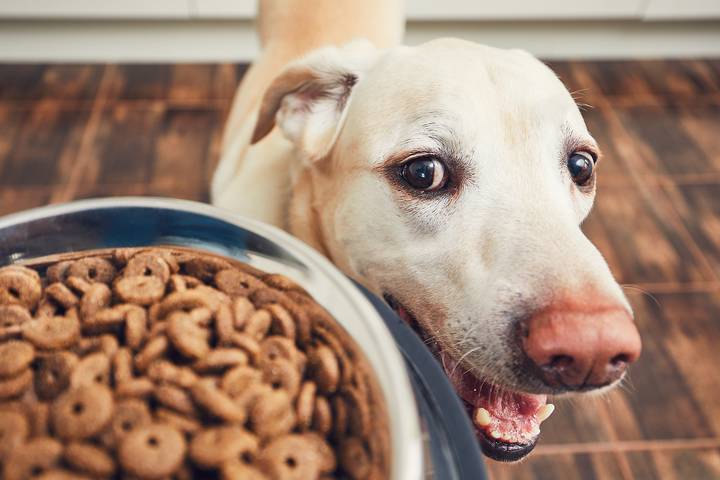
Protein and fat are vital parts of a dog’s diet, but finding the right balance depends on your dog’s lifestyle and health. Active dogs, working breeds, and puppies usually need more protein and fat to grow muscles and sustain energy. Older or less active dogs may need less fat to avoid weight gain but require enough protein to maintain muscle.
Choosing lean protein sources can prevent excess fat intake and reduce obesity risk. Fats like omega-3 and omega-6 fatty acids in fish oils and flaxseed support skin, coat, and joint health. They are valuable parts of a balanced diet. Talking to your vet can help you find the right balance for your dog.
Carbohydrates
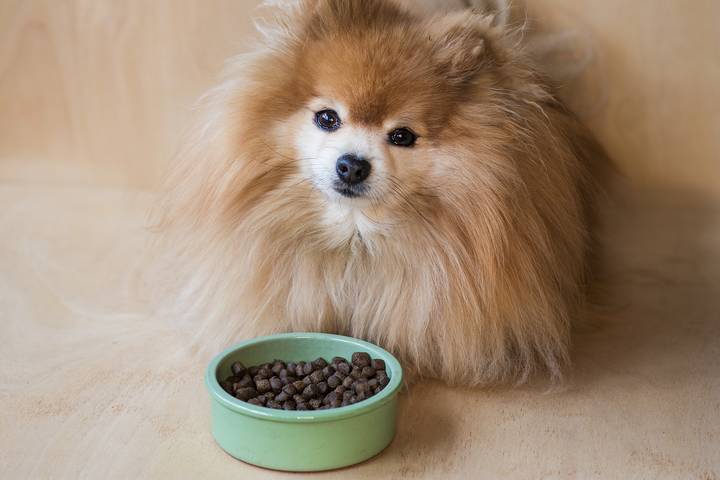
Carbohydrates are not as crucial as proteins and fats but can be a good energy source for active dogs. Grains like rice, oats, barley, and starchy vegetables like sweet potatoes offer energy and fibre. However, too many carbs can cause weight gain, especially in less active dogs, so it’s important to include them sparingly.
If your dog has dietary needs like gluten sensitivity or allergies, choose grain-free options such as quinoa or lentils. Always make sure the carbs you use are whole and minimally processed since highly processed carbs can lead to obesity and digestive problems.
Vitamins and Minerals
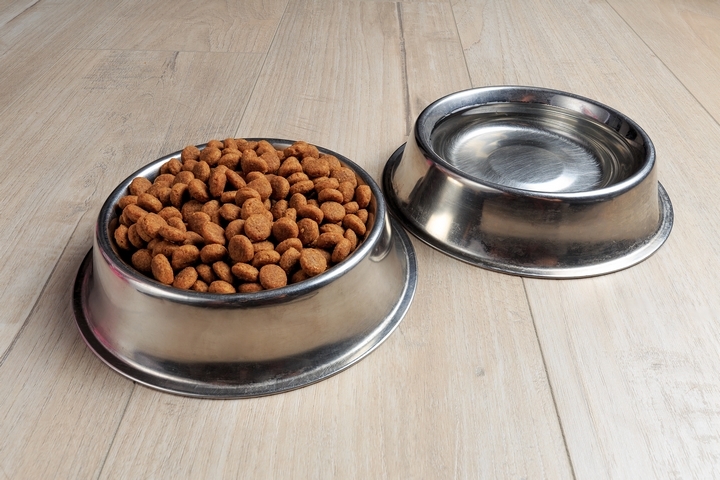
Besides proteins, fats, and carbohydrates, your dog needs various vitamins and minerals to keep its immune system strong, keep its bones healthy, and increase its overall energy. Vitamins like A, D, E, and K are important for skin, vision, and immune health. Minerals like calcium, phosphorus, and potassium are crucial for strong bones, nerve function, and muscle movement.
Most commercial dog foods contain these essential vitamins and minerals. But if you make your dog’s meals home, you must ensure they get enough nutrients. Adding safe foods like eggs (for vitamin D), leafy greens (for vitamin K), and fish (for omega-3 fatty acids) can help meet these needs.
Hydration
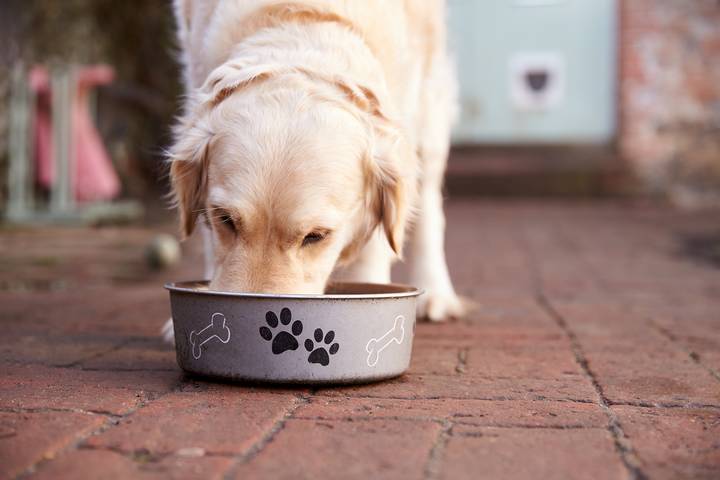
Water is the most critical nutrient for dogs as it supports all vital functions in their bodies. Keeping your dog well-hydrated is critical to digestion, circulation, temperature control, and overall health. Always provide fresh, clean water for your dog, especially if they are active or in a warm climate.
If your dog eats dry food, they might need to drink more water than dogs on a wet food diet since wet food has more moisture. Check your dog’s water bowl throughout the day and encourage them to drink it after exercise or playtime. Dehydration can lead to serious health problems, so keeping them hydrated is vital for a balanced diet.
Consulting Your Veterinarian
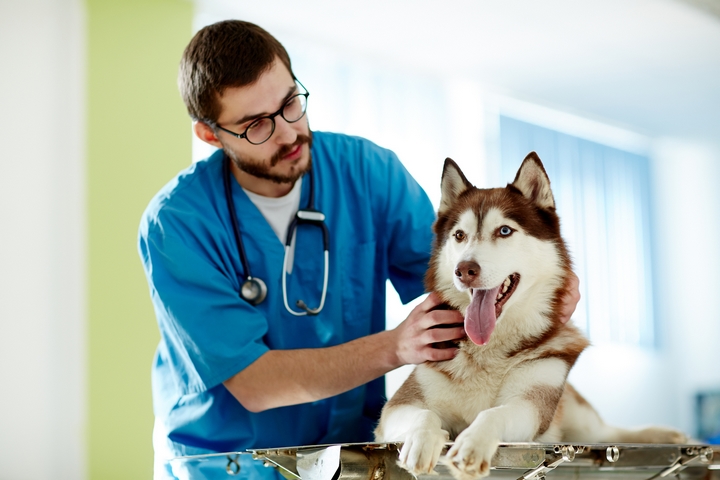
While there are general guidelines for feeding dogs, each dog is different. Talking to your veterinarian is important when making big changes to your dog’s diet. A vet can help you determine your dog’s nutritional needs based on age, breed, activity level, and health issues. This advice is constructive if your dog has allergies, weight problems, or digestive issues.
Regular checkups with your vet will also let you monitor your dog’s weight, coat condition, and overall health to ensure its diet works. Don’t hesitate to ask your vet for recommendations on supplements or special dietary adjustments, especially if you’re thinking about a homemade diet.




